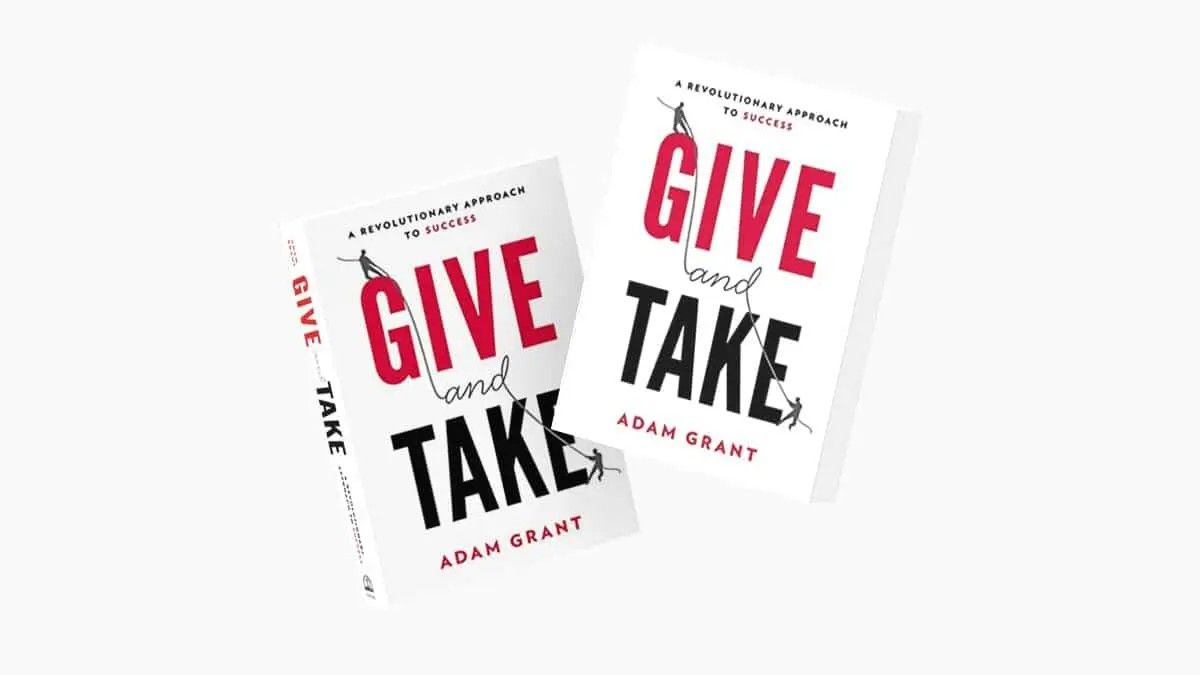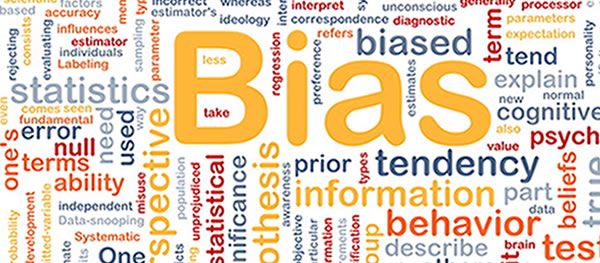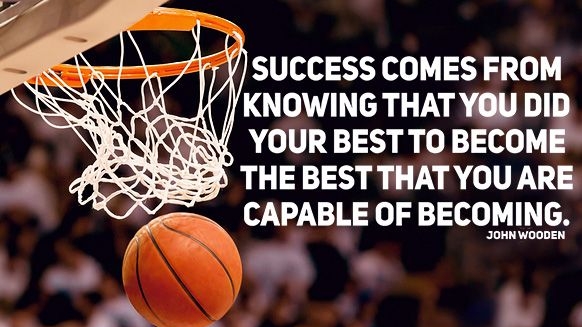Being generous is a trait that is highly valued in many cultures around the world. At its core, being generous means having a willingness to give freely of our time, resources, and talents to help others. Generosity can take many forms, from volunteering our time to a worthy cause, to donating money to a charity, to simply offering a kind word or gesture to someone in need.
One of the key benefits of being generous is that it can help us to feel happier and more fulfilled. When we give to others, we experience a sense of purpose and meaning that can be difficult to find elsewhere. We also strengthen our connections with others and feel a sense of belonging within our communities.
Of course, being generous is not always easy. It can be challenging to give of ourselves when we are busy or facing our own struggles. It can also be difficult to know how best to help others, or to ensure that our efforts are making a meaningful difference.
In the world of personal and professional success, it’s easy to believe that ruthless competition and self-interest are the only paths to achievement.
Adam Grant’s influential book, “Give and Take,” challenges this notion by illustrating how a generous approach to life can actually be a powerful driver of success. Grant presents a compelling case for the benefits of giving, sharing numerous real-life examples and research studies.
In this article, we’ll explore four key takeaways from “Give and Take” that can transform our lives and relationships for the better.
1. The Power of a Giver:
Grant categorizes people into three distinct reciprocity styles: givers, takers, and matchers. Givers are individuals who genuinely strive to help others and contribute without expecting anything in return. Surprisingly, it is the givers who often emerge as the most successful and fulfilled individuals. They build strong networks, foster trust, and establish reputations as reliable and supportive individuals. While there is a risk of being taken advantage of, Grant provides strategies to protect givers from being overly exploited. The key takeaway here is that being a giver is not a sign of weakness; instead, it’s a catalyst for personal and professional growth.
2. Navigating the Challenges of Takers:
Grant also explores the behavior of takers, those who prioritize their own interests above others. While takers may initially succeed by exploiting the generosity of others, their long-term success is often limited. Takers tend to create a culture of distrust and transactional relationships, which ultimately hinder their own progress. The book delves into strategies for identifying takers and minimizing their negative impact. By learning how to manage takers effectively, givers can navigate the challenges and maintain their generous nature without compromising their own success.
3. The Rise of Successful Matchers:
Matchers, as the name suggests, operate on a principle of fairness, aiming to balance giving and taking. Matchers reciprocate in kind, maintaining a sense of equity in their interactions. While matchers may seem like a reasonable middle ground, Grant reveals that they tend to perform just below the level of givers in terms of success and fulfillment. The book emphasizes the importance of recognizing the power of giving and encourages matchers to shift towards a more giving approach. By doing so, they can unlock their full potential and reap the rewards associated with genuine acts of generosity.
4. Creating a Culture of Giving:
Lastly, “Give and Take” emphasizes the impact of organizational cultures that promote giving. Grant provides compelling evidence that fostering a giving culture within teams and companies not only boosts employee satisfaction and engagement but also leads to increased productivity and innovation. The book offers practical advice on cultivating a giving culture, including encouraging collaboration, recognizing and rewarding helpful behavior, and promoting a mindset of shared success.
Ultimately, being generous is about recognizing the needs of others and taking action to help meet those needs. By doing so, we can create a more compassionate and caring world, and experience a sense of joy and fulfillment that comes from knowing that we have made a positive difference in the lives of others.





